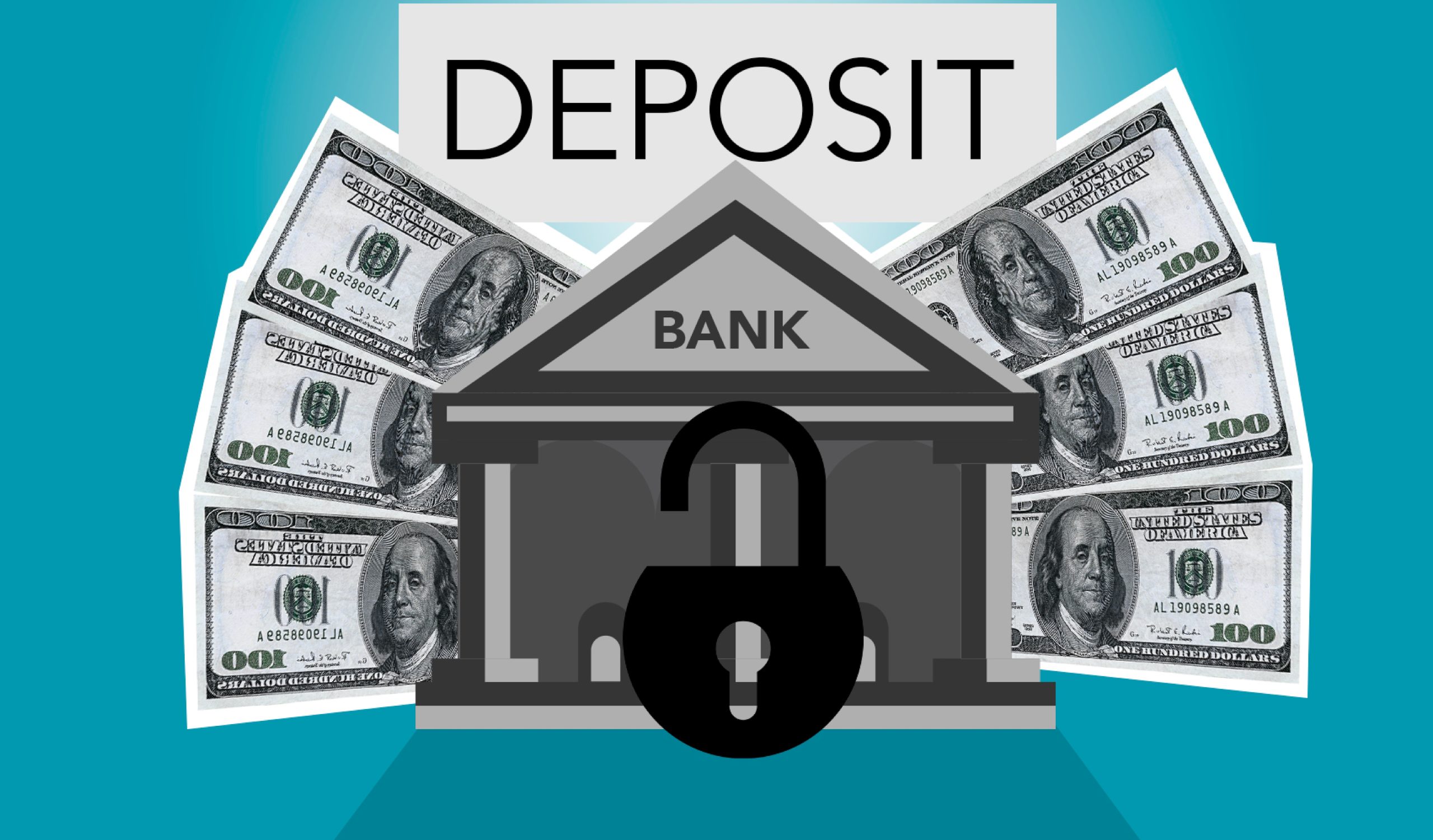
During the screening process, landlords must ensure that potential tenants are financially able to pay rent on time and in full each month. But answering application questions doesn’t necessarily offer adequate assurance. Responses may be manipulated or may not represent consistent, ongoing income. As a result, property owners may ask applicants to provide proof of income to better illustrate the state of their finances.
But what does proof of income look like? How can applicants without regular paychecks—such as self-employed individuals or Social Security recipients—provide appropriate documentation? The good news is there are many ways a potential tenant can demonstrate his ability to pay rent. Here are some examples:
Pay stubs.
The most obvious method for applicants to show proof of income is via their employers’ pay stubs. Reviewing several months’ pay stubs will help you determine the timing and consistency of an applicant’s income.
Tax Forms.
Taxpayers disclose many sources of income through tax-related forms like a 1040, W-2, or 1099. These standardized documents can verify the renter’s income from the past year. However, they won’t reflect recent changes like promotions or bonuses.
Bank Statements.
Due to online banking, bank statements provide an easy way for an applicant to present his financial status. His statement will show self-employment income as well as commissions. A bank statement also indicates if an applicant with inconsistent income has sufficient savings to cover rent during low-income months.
Letter from Employer or Financial Manager.
In some cases, a letter will suffice to verify an applicant’s financial situation. For example, an employer’s verification letter should describe their employee’s current or upcoming earnings. It should also include information about the employee’s work ethic and future employment. And when an applicant derives income from several sources, a letter provides additional insight into the applicant’s assets. Letters also prove suitable when individuals receive income from a trust, workers’ compensation, or court-ordered payments.
Distribution or Benefits Statements.
Some potential tenants may receive income from Social Security, an annuity, a pension, a retirement plan, a scholarship, or a student loan. In these cases, an applicant should obtain a statement showing the timing and amount of payments. Statements should also delineate severance payments and unemployment benefits. But watch for a listed end date since some distributions are only temporary.
No matter how a potential tenant offers proof of income, don’t hesitate to verify the information. Frequently, a quick phone call will grant you the information you need. If an applicant seems promising but can’t show proof of income (a recent graduate, for example), consider allowing him to co-sign the lease to minimize your risk. Balancing caution and flexibility yield a thorough screening process that lets potential tenants prove their capacity to pay rent.
About Rentals America
Rentals America provides full-service property management for residential rental properties. Our team is wholly dedicated to property management, and we’re here to help landlords navigate the rental market.










